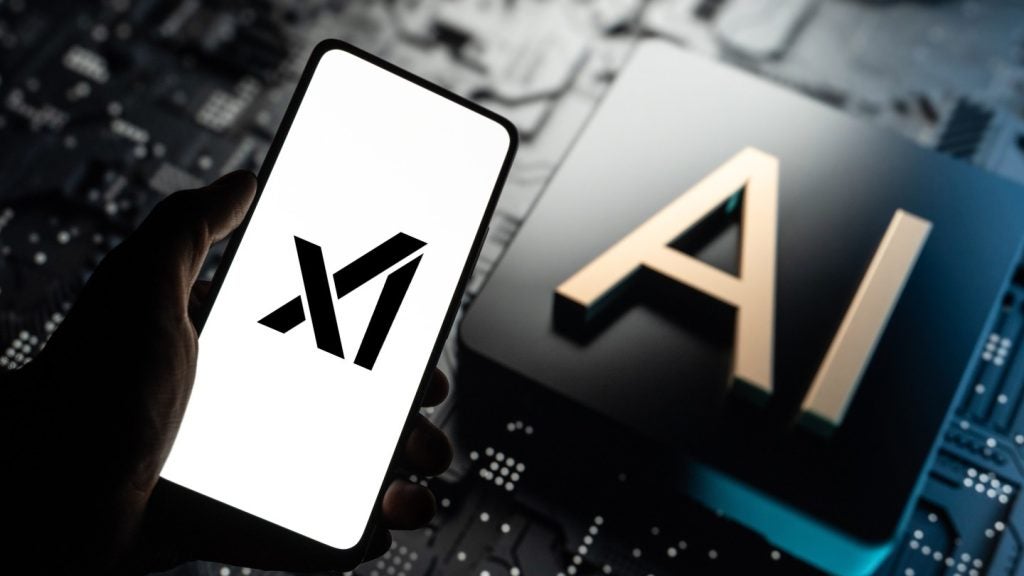
HP has launched what it claims to be the world’s first business PCs specifically designed to protect firmware from quantum cyber attacks.
The company said its HP Endpoint Security Controller chip will be built into select HP devices to futureproof PCs with quantum-resistant cryptography.
Ian Pratt, global head of security for personal systems at HP, said the company’s new PC will provide its “most advanced security that ensures the manageability and protection of sensitive and regulated data.”
Pratt said the protection will become “progressively important as the spectre of quantum computer attacks creeps closer every year”.
Citing research from the Global Risk Institute, Pratt noted that 27% of experts think there is a 50% likelihood of a cryptographically relevant quantum computer by 2033.
“When that day comes, the security of existing digital signatures on firmware and software will be in question and digital trust will dissolve,” Pratt said.
How well do you really know your competitors?
Access the most comprehensive Company Profiles on the market, powered by GlobalData. Save hours of research. Gain competitive edge.

Thank you!
Your download email will arrive shortly
Not ready to buy yet? Download a free sample
We are confident about the unique quality of our Company Profiles. However, we want you to make the most beneficial decision for your business, so we offer a free sample that you can download by submitting the below form
By GlobalDataWhile software can be upgraded for the quantum computing age, hardware can not – meaning enterprises may be left outdated and at risk, according to Pratt.
“That includes some of the cryptography that protects PC firmware. With no cryptographic protections in place, no device would be safe – attackers could access and modify the underlying firmware and gain total control,” he said.
A quantum winter could be coming
Quantum computers use the properties of quantum physics to store data and perform computations. Quantum computers are not general-purpose systems but robust parallel processing systems for carrying out specific tasks.
Theoretically, they can simulate large, uncertain, complicated systems in seconds, including the weather, financial markets, chemical reactions, molecules, and neurons in the human brain.
However, according to research and analyst company GlobalData, it may be well over a decade before companies can deliver the systems needed to usher in the quantum era.
According to GlobalData’s Quantum Computers 2024 thematic research report, complex engineering problems, excess hype, and pre-revenue phase for many quantum companies mean a protracted quantum winter is in prospect.
Leading industry commentators estimated the quantum computing market’s size in 2022 to be between $500m and $1bn, rising to $10bn between 2026 and 2030, representing a compound annual growth rate of between 30% and 50%.
Any predictions about the market in quantum computing are educated guesses at best, given its nascence and the prospect of unanticipated breakthroughs.







